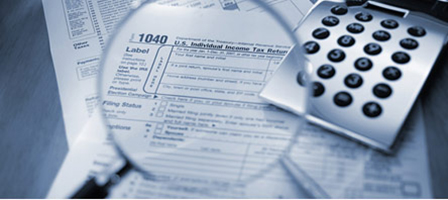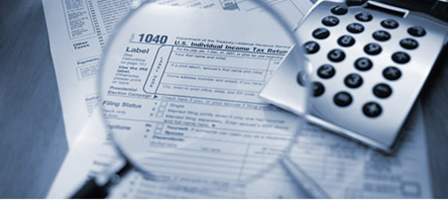HAVEN’T FILED AN INCOME TAX RETURN?
On December 22, 2017, The Tax Cuts and Jobs Act was signed into law. The information in this article predates the tax reform legislation and may not apply to tax returns starting in the 2018 tax year. You may wish to speak to your tax advisor about the latest tax law. This publication is provided for your convenience and does not constitute legal advice. This publication is protected by copyright.
Article Highlights:
Late filing penalties
Three-year statute of limitations
Forfeited refunds
Earned income credit
Self-employment income
If you have been procrastinating on filing your 2013 tax return or have other prior year returns that have not been filed, you should consider the consequences. The April 15 due date for the 2013 returns is just around the corner. That is also the last day to file a 2010 return and be able to claim a refund. Taxpayers should file all tax returns that are due, regardless of whether or not full payment can be made with the return. Depending on an individual’s circumstances, a taxpayer filing late may qualify for a payment plan. All payment plans require continued compliance with all filing and payment responsibilities after the plan is approved.
Facts about Filing Tax Returns. These rules apply to federal returns. Your state rules may be different.
Failing to file a return or filing late can be costly. If taxes are owed, a delay in filing may result in penalty and interest charges that could substantially increase your tax bill. The late filing and payment penalties are a combined 5% per month (25% maximum) of the balance due.
If you are due a refund, there is no penalty for failing to file a tax return. However, you can lose your refund by waiting too long to file. In order to receive a refund, the return must be filed within three years of the due date. If you file a return and later realize you made an error on the return, the deadline for claiming any refund due is three years after the return was filed, or two years after the tax was paid, whichever expires later.
Taxpayers who are entitled to the refundable Earned Income Tax Credit must file a return to claim the credit, even if they are not otherwise required to file. The return must be filed within three years of the due date in order to receive the credit.
If you are self-employed, you must file returns reporting self-employment income within three years of the due date in order to receive Social Security credits toward your retirement.
Taxpayers who continue to not file a required return and fail to respond to IRS requests to do so may be subject to a variety of enforcement actions, all of which can be unpleasant. Thus, if you have returns that need to be filed, please call this office so we can help you bring your tax returns up-to-date, and – if necessary – advise you on a payment plan.








Leave a Reply
Want to join the discussion?Feel free to contribute!